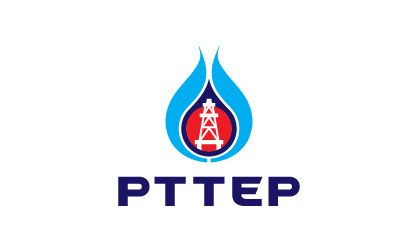Country Session 3: Thailand’s Energy Policies towards Energy Transition
The session brings together policymakers, industry leaders, researchers, and experts to explore the importance of effective policy frameworks, regulations, and incentives in promoting sustainable energy development and deployment in Thailand. With the pressing need to mitigate climate change, reduce greenhouse gas emissions, and ensure energy security, this session aims to showcase successful policy models, discuss regulatory approaches, and highlight the role of incentives in driving the transition to sustainable energy sources.
The session will emphasize the need for sustainable energy policies in Thailand by highlighting the environmental, economic, and social benefits they offer. Participants will discuss the impact of unsustainable energy practices, such as reliance on fossil fuels, on climate change, air pollution, and public health. The panel will underscore the urgency of adopting policies that promote renewable energy, energy efficiency, and clean technologies to achieve a sustainable and low-carbon energy future.
The session will also delve into various policy frameworks that can accelerate the development and deployment of sustainable energy in Thailand. Discussions will revolve around the establishment of long-term goals, targets, and roadmaps for renewable energy generation, energy efficiency improvements, and emission reductions. The panel will explore the importance of comprehensive energy planning, integrated resource management, and sector-specific policies in achieving sustainability objectives.
The session will review the implications of the policy frameworks to the upstream oil and gas companies in Thailand on the medium to long term outlook. The panel will discuss the role of upstream sector to Thailand energy and economy scene, and how the policy framework could help foster upstream sector for more sustainable energy supply.





























